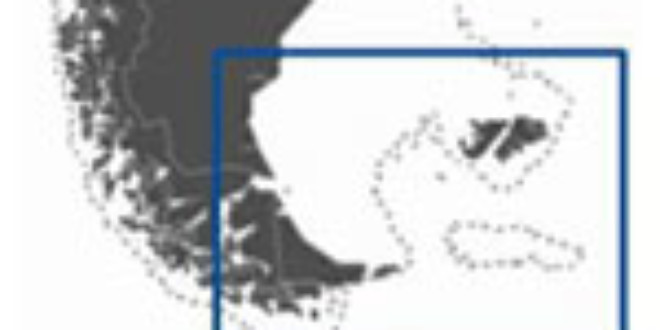(From ens-newswire.com) Argentina – The government of Argentina has banned commercial fishing along an underwater island submerged in the South Atlantic Ocean 136 miles off the long country”s southern tip. Known as Burdwood Bank, the protected area encompasses 694 square miles rich in hard and soft coral species found nowhere else on Earth. Burdwood Bank serves as an important feeding ground for whales, sea lions, penguins, and albatross. It is also the breeding ground for two ecologically important fish species – southern blue whiting and Fuegian sardines.
The community of top predators and migratory species in this area come from as far away as Antarctica, South Georgia Island, and New Zealand.
On September 26, Argentine Fisheries Secretary Carlos Cheppi implemented a Federal Fisheries Council mandate, which permanently banned all fishing activities in the area including bottom trawling – an industrial fishing method that employs large, heavy nets dragged across the seabed.
The Patagonian Large Marine Ecosystem has a history of exploitation to the point that populations of many species are declining and have been given IUCN Globally Threatened Status.
Unsustainable, illegal, unregulated and unreported fishing by commercial fleets threatens many fish and squid species found on the continental shelf and slope off Argentine Patagonia, and adversely impacts wildlife higher in the food chain. Trawlers in the South Atlantic have nearly exhausted populations of Argentine hake, a popular food fish that once was common along the coast of Argentina. A commercial fishing ban on the Burdwood Bank may help to revive the species.
 Ocean Sentry
Ocean Sentry




